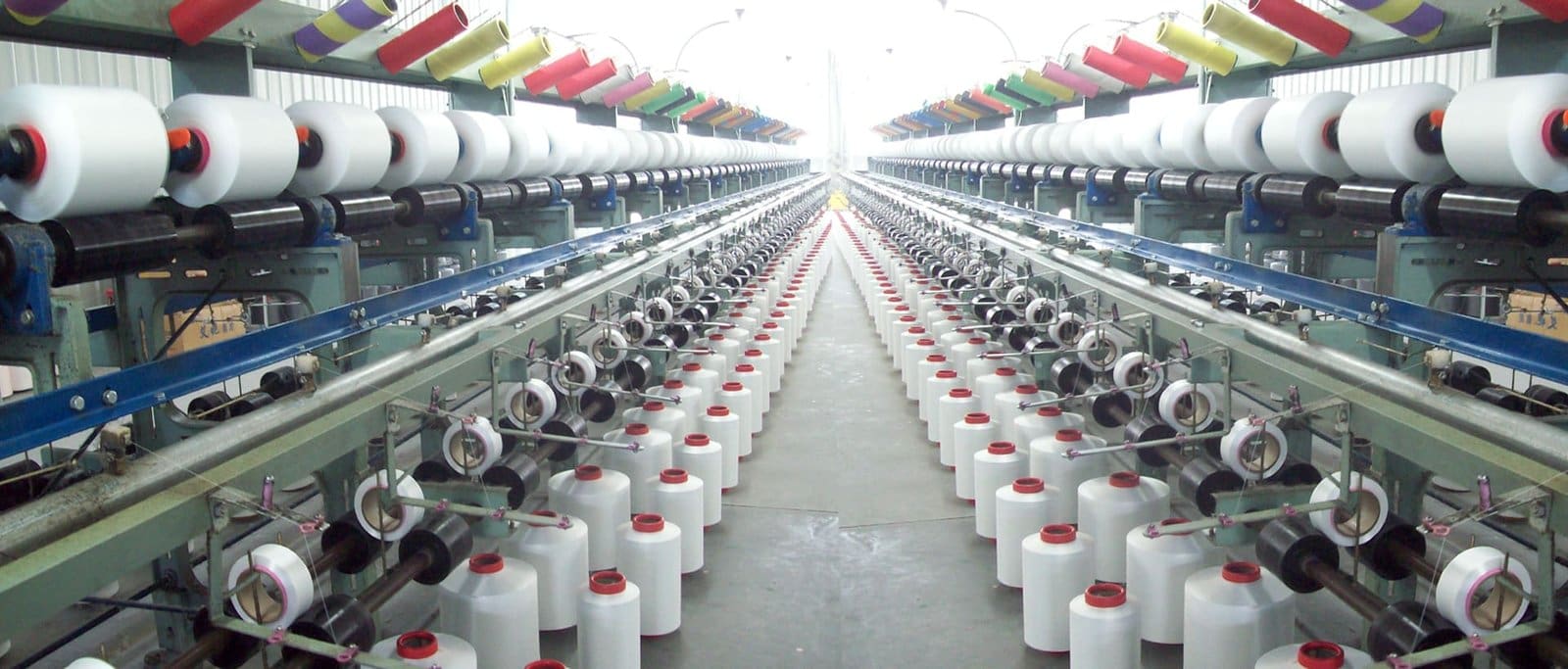The initiative will attract new investment of over Rs 19,000 crore, with a total turnover of more than Rs 3 trillion.
The Union Cabinet approved the textile production-linked incentive (PLI) plan on Wednesday, with a budgeted allocation of Rs 10,683 crore to boost domestic manufacturing of man-made fibres (MMF), garments, and technical textiles.
Over a five-year term, incentives of Rs 10,683 crore will be provided for the manufacture of these products. The initiative is aimed at extending the value chain of MMFs and technical textiles, and it will assist India in regaining its dominant position in the world textile trade at a time when India’s share of global exports has continuously dropped over the years.
The scheme is expected to attract new investment of more than Rs 19,000 crore, generate a cumulative turnover of more than Rs 3 trillion, and create more than 750,000 new job opportunities in this sector.
Technical textile is a cutting-edge material that can be used to make personal protective equipment kits, airbags, and bulletproof vests, as well as in industries such as aviation, defence, and infrastructure.
MMF apparels currently comprise one-fifth of India’s total clothing exports, according to the Federation of Indian Export Organizations (FIEO).
The scheme was launched by India’s Textile Minister, Piyush Goyal, to encourage domestic textile producers to engage in the global market for man-made and technology textiles, or PLI. Gujarat, Uttar Pradesh, Maharashtra, Tamil Nadu, Punjab, Telangana, and Odisha would all benefit from the scheme. Companies such as Reliance, Welspun Global Brands, Arvind, Trident, Shahi Exports, Vardhman Textiles, Paramount Garments, and Bombay Dyeing have expressed interest in participating in the scheme.
A Sakthivel, chairman of the Apparel Export Promotion Council, and president of FIEO, said, “India should aim to corner 10 percent of the market in the next five years. The scheme will attract investment, both domestic, as well as through foreign direct investment. The government should also consider and prepare its defence to ensure the scheme is not adversely called out at the World Trade Organization forum.”
Criteria for selection
There are two sorts of investments possible, each with its own set of incentive structures. Any company willing to invest a minimum of Rs 300 crore in a plant, machinery, equipment, and civil works to make MMFs and technical textiles, excluding land and administrative building costs, will be eligible to participate in the first phase of the scheme.
In the second part of the scheme, any company wanting to invest a minimum of Rs 100 crore will be eligible to apply for participation.
Only manufacturing companies registered in India will be eligible to participate in the scheme, ITI Minister Manish Singh said. Goods manufactured by other units of the same group company will not be accounted for in the calculation of turnover.
Singh said there will be no permanent subsidy for the industry and that the larger idea is to support creation of a competitive industry. A group of Secretaries, chaired by Rajiv Gauba, will monitor the progress of the scheme.

